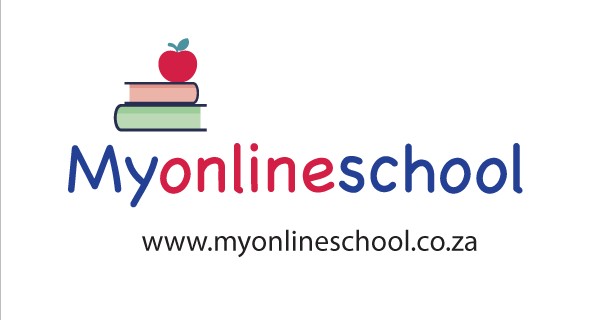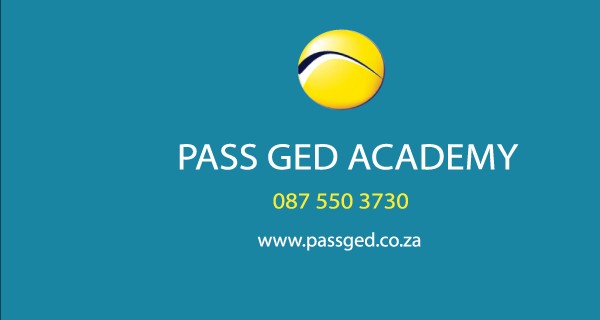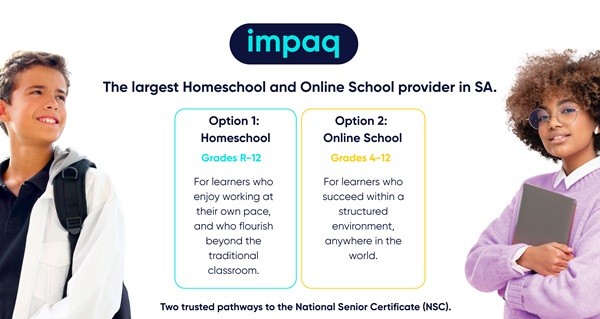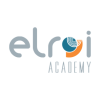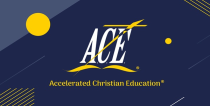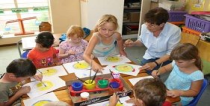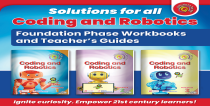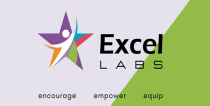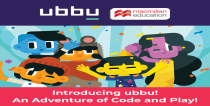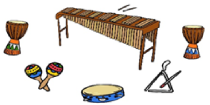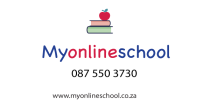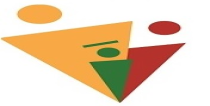Articles

Assessment - Choose What Works for Your Family
Parents can now purchase formal assessments directly through the SAHomeschoolers.org website. Most assessments are available in English and Afrikaans (see order form) and provided by third parties with extensive experience in educational testing.
|
* Enjoy 10% off your End-of-Phase Assessments* Use COUPON code SAH10 at Checkout. |
Available Assessments:
- End-of Phase Assessments. A comprehensive assessment by a competent assessor that covers the full CAPS curriculum for Grade 3/6/9 and is designed to evaluate your child’s knowledge and skills at the end of the Foundation / Intermediate / Senior Phase. Available in English and Afrikaans.
- CAPS-aligned Curriculum Checks (Gr. 1–9) – Light benchmarking against national curriculum standards. Available in English and Afrikaans.
- Curriculum-independent Academic Abilities Assessment (Gr. 1–12) – Measure cognitive abilities such as thinking, reasoning, number, words, and symbol abilities. Available in English and Afrikaans.
- Subject Choice Assessment (Gr. 9) – Combines abilities, career interests, and personality for subject selection. Available in English and Afrikaans.
- Career Choice Assessment (School leavers) – Helps learners align abilities, personality, and career interests. Only available in English.
[CLICK HERE TO VIEW AND ORDER COMPLETE LIST OF ASSESSMENTS]
Why Assessment Matter
When homeschooling, the most powerful form of INFORMAL assessment already happens naturally:
- Observation of your child’s learning and problem-solving skills.
- Conversations and narrations that reveal understanding.
- Projects, experiments, and creative work.
- Informal checklists or journals to track progress.
These methods give parents a deep and accurate picture of what their child knows and can do—often more meaningful than a test score.
FORMAL assessment, however, can be useful in certain situations, especially when parents want an external benchmark or objective confirmation of progress.
Unlike informal methods, they are structured and often developed by external providers. Examples include:
- Assignments and past exam papers – measure mastery of specific subjects or topics.
- Standardized tests – benchmark learners against national or international academic standards.
- Portfolios – compile samples of a child’s work over time to show progress and growth.
- Independent evaluations – assessments done by professionals such as teachers, psychologists, or subject specialists.
These tools are not essential for daily homeschooling but can complement a parent’s own insights, offering an extra layer of objectivity where needed.
Why Parents Choose Remote Formal Assessments
- Adds an objective snapshot to complement your own insights.
- Benchmarks progress against CAPS or broader academic standards.
- Supports subject and career choice decisions.
- Provides documentation in cases of custody, foster care, or disputes.
- Builds confidence in learners by practicing test-taking in a low-pressure home setting.
- Affordable, quick turnaround, and parental oversight.
How It Works
- Parent register on the SAHomeschoolers.org website and place an order.
- Receive test materials and instructions by email.
- Administer the test at home (supervised by the parent).
- Send answer sheets back via email.
- Receive a detailed report within a week.
Trust and Expertise
These assessments are designed by Dr. Louise Holman, Industrial Psychologist and founder of the Holman Institute for Educational and Psychological Evaluation and Research. Her products are widely used by independent schools across South Africa.
Final Note for Parents
Parents and children can feel some pressure to do well on these tests. But parents are encouraged to hold the scores loosely and remember that these are simply a snapshot of a child on a given (good or bad) day.
Remember: Assessments are tools, not verdicts.
- Use them alongside the insights you already gain daily through conversations, observations, and shared learning.
- They provide support, reassurance, and guidance—not the full picture of your child.
By combining natural parent-led assessments with occasional independent benchmarks, you can support your child’s learning journey with confidence.
Please note: These assessment results are confidential and will not be shared with third parties.
Legal & Research
Homeschooling and the law
Home schooling was recognized in 1996 in Section 51 of the SA Schools
+ ViewCentres
Support
Curriculums
Teneo Online School
Online High School, Primary School and Pre-Primary School offering ...
Elroi Academy (Gr 8 - 12)
Elroi Academy – Top-Rated Distance Education Provider in South ...
Frequently Asked Questions
-
What is home education or homeschooling?
Home education is the oldest form of education. The school system as we know it is actually fairly new. It is done under the guidance and the...
-
Is homeschooling legal in South Africa?
Yes. Since 1994, the right for parents to home educate their children was legalised in South Africa through the adoption of the new constitution. In...
-
Do home learners sometimes wish they were in school and were normal?
They generally like being homeschooled. Some homelearners go to school for the experience but many return to homeschooling as within the homeschool...
-
Is home education often used as a smoke screen to hide child neglect?
State interference in home education is often justified as something that can identify situations where home education is used as a smoke screen to...
Has no content to show!

